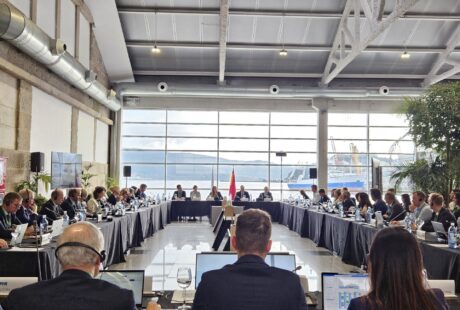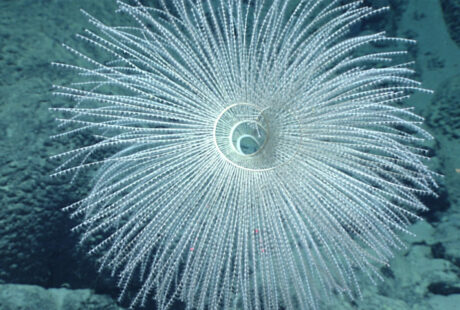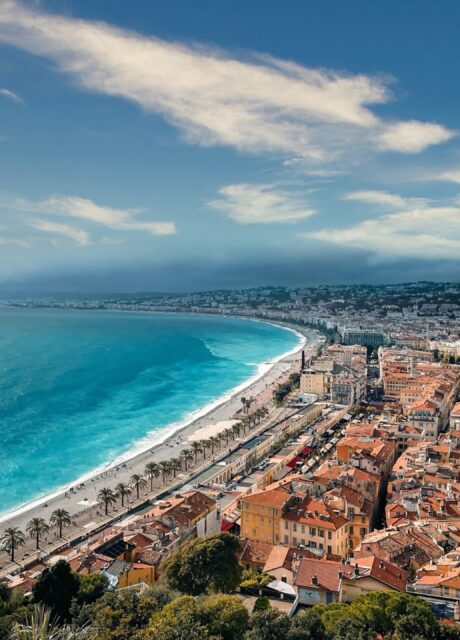Seas At Risk’s Spanish member, Ecologistas en Acción, has launched a new report on Spain’s involvement in the development of deep-sea mining. In the last decade and a half, European financing policies for so-called ‘critical raw materials’ have increased the influence of those in favour of mining the ocean floors for minerals in Spain’s jurisdictional and international waters. Ecologistas en Acción calls for a moratorium on deep-sea mining in Spanish and international waters.
Certain government agencies and public bodies support plans to mine the deep sea, despite its potential impacts, including heavy metals entering the food chain, release of greenhouse gases from the ocean seabed (1), irreversible large-scale biodiversity loss, and unforeseeable consequences for medical and pharmaceutical research.
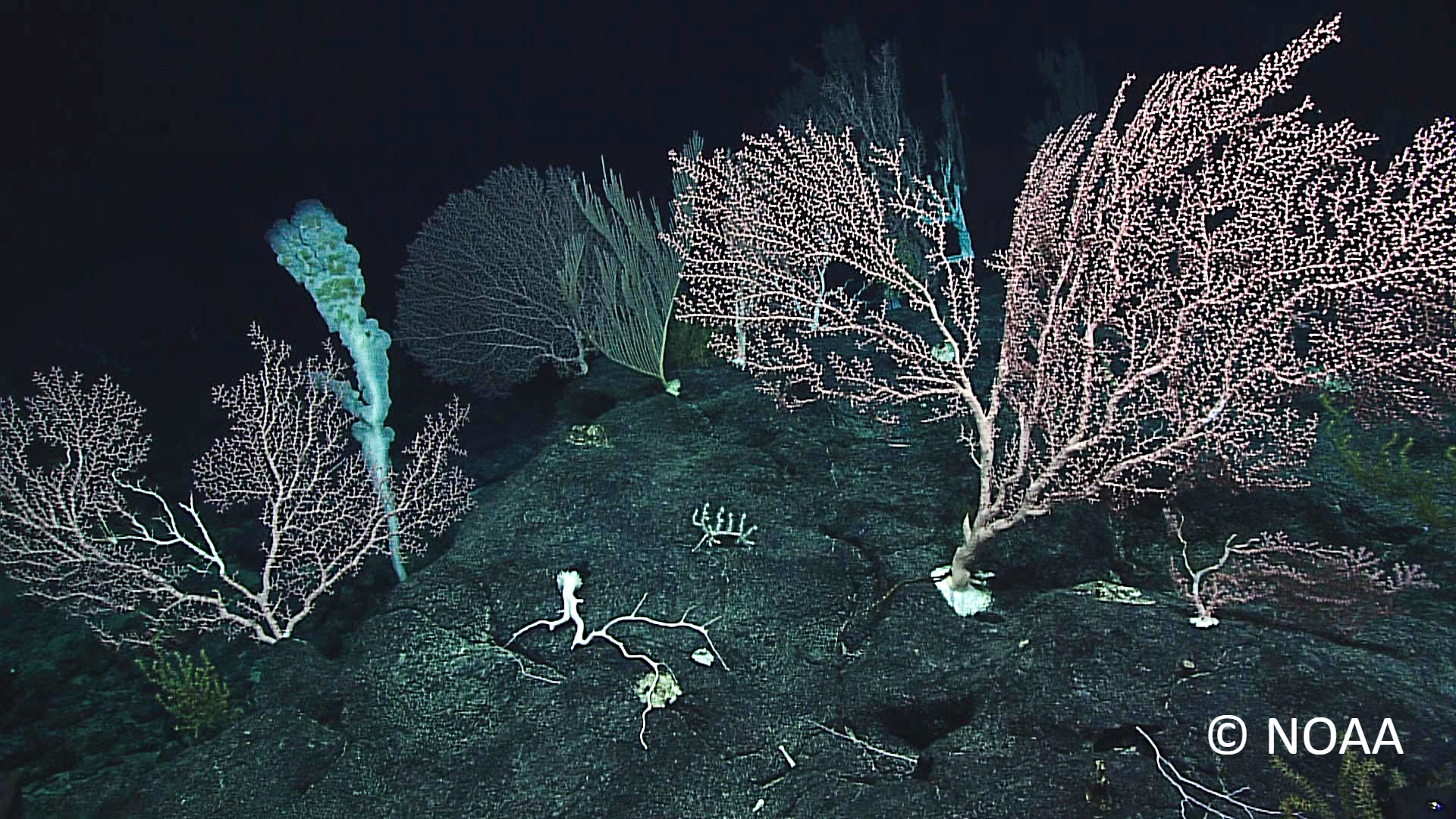
Meanwhile, civil society, including environmental and fishing organisations, as well as the ministerial Departments of Fisheries and the Environment, are excluded from the decision-making process. In the face of increased scrutiny and mounting resistance to onshore mining, mining companies and investors see deep-sea mining as a new horizon, with fewer environmental responsibilities and accountability.
The International Seabed Authority (ISA) has already issued 30 deep-sea mining exploration contracts, setting aside about 2 million km2 of international waters for exploration. The Ecologistas en Acción report shows that Spain, as a member of the Authority, may intend to join this international race to the bottom. The Ministry of Foreign Affairs has played an important role in establishing public-private partnerships in which the State would finance obtaining exploration licences for international waters where the largest known deposits are located. Public research funding programmes have also intensified the exploration of deposits of potential commercial interest within Spanish jurisdictional waters, locating areas with significant presence of cobalt, lithium, nickel, copper, niobium, vanadium, yttrium, rare earth and platinum group elements, among others.
To date, the Geological and Mining Institute of Spain (IGME) has been the most influential public body promoting deep-sea mining at both international forums and ministerial level. Since 2007, Spain has nominated IGME members for ISA’s Legal and Technical Commission, which is responsible for assessing the environmental impact of deep-sea mining.
The Ecologistas en Acción report addresses over a decade of lack of transparency, offering an overview of the state of deep-sea mining in Spain. The lack of regulation, the difficulty in monitoring seabed exploration and material extraction, and the claim that this activity can be carried out in Spanish waters under the outdated 1973 Law of Mines, combine to require an urgent and inclusive debate on deep-sea mining and its potential consequences for marine biodiversity and the integrity of the seabed. Interest in Spanish waters has focused mainly on the areas near the Canary Islands, where numerous seamounts include ferromanganese crusts and polymetallic nodules, the Galicia Bank off the coast of Northwest Spain, and the Gulf of Cádiz.
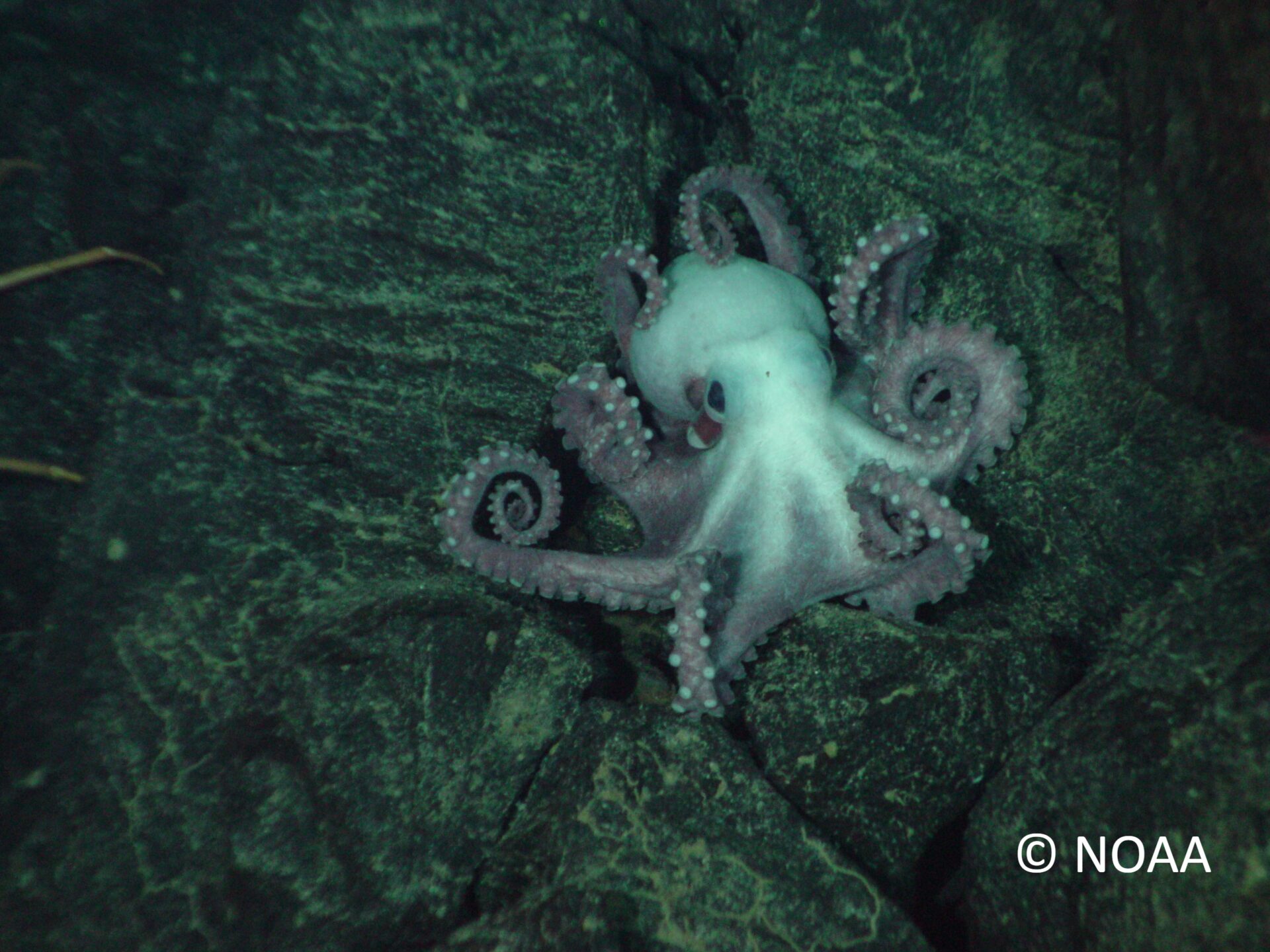
In addition to taking stock of the national situation, the report presents alternatives to deep-sea mining and proposals for the good governance of international waters. The rush to mine the deep sea for yet more raw materials is the result of an economy predicated on infinite growth. By contrast, a transition to a more sustainable system based on reducing consumption, eliminating planned obsolescence and promoting reuse and recycle would dramatically reduce the demand for materials and make deep-sea mining unnecessary. In addition, scientific research on the seabed should focus on expanding our knowledge of deep-sea ecosystems and their biological and geological richness, rather than finding material deposits to exploit.
Finally, in light of current scientific knowledge, the precautionary principle and the lack of transparency of the decision-making process at national and international level, Ecologistas en Acción calls for a moratorium on deep-sea mining in Spanish and international waters to protect deep-sea ecosystems from the irreversible consequences of mining exploitation.
Read the report: in Spanish and in English.
NOTES
(1) Levin, L.A. et al. (2016), “Hydrothermal Vents and Methane Seeps: Rethinking the Sphere of Influence”, Front. Mar. Sci., 3: 72. Available at: https://doi.org/10.3389/fmars.2016.00072
Posted on: 29 July 2020

